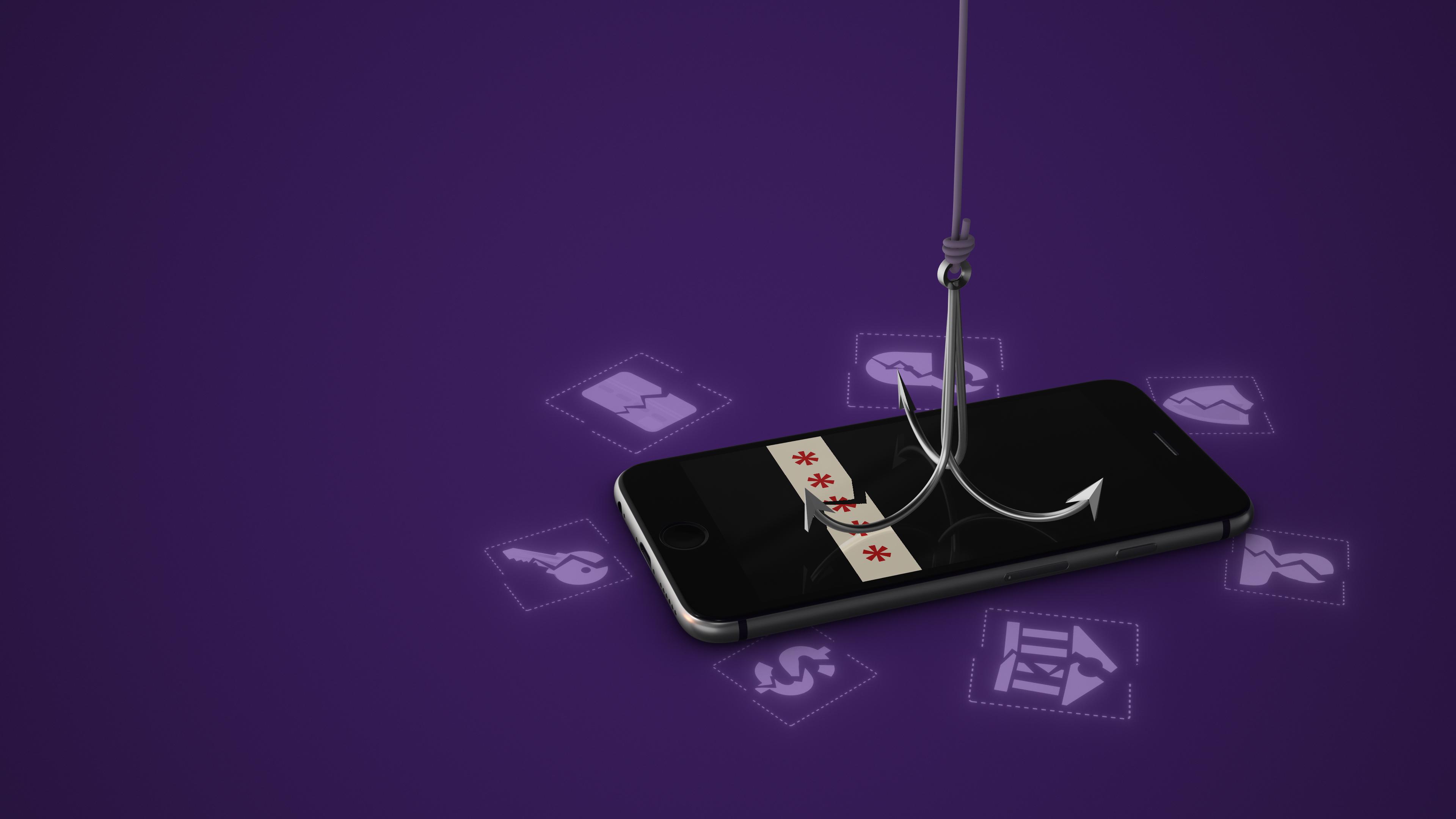
Microsoft Fixes Critical WSUS RCE Flaw CVE-2025-59287 Under Active Attack
Microsoft has released urgent updates to address the critical WSUS RCE vulnerability CVE-2025-59287, which is currently under active exploitation. The flaw allows unauthorized attackers to execute code over a network, necessitating immediate patching for affected Windows Server versions.













%20(1).webp)








%20(1).webp)